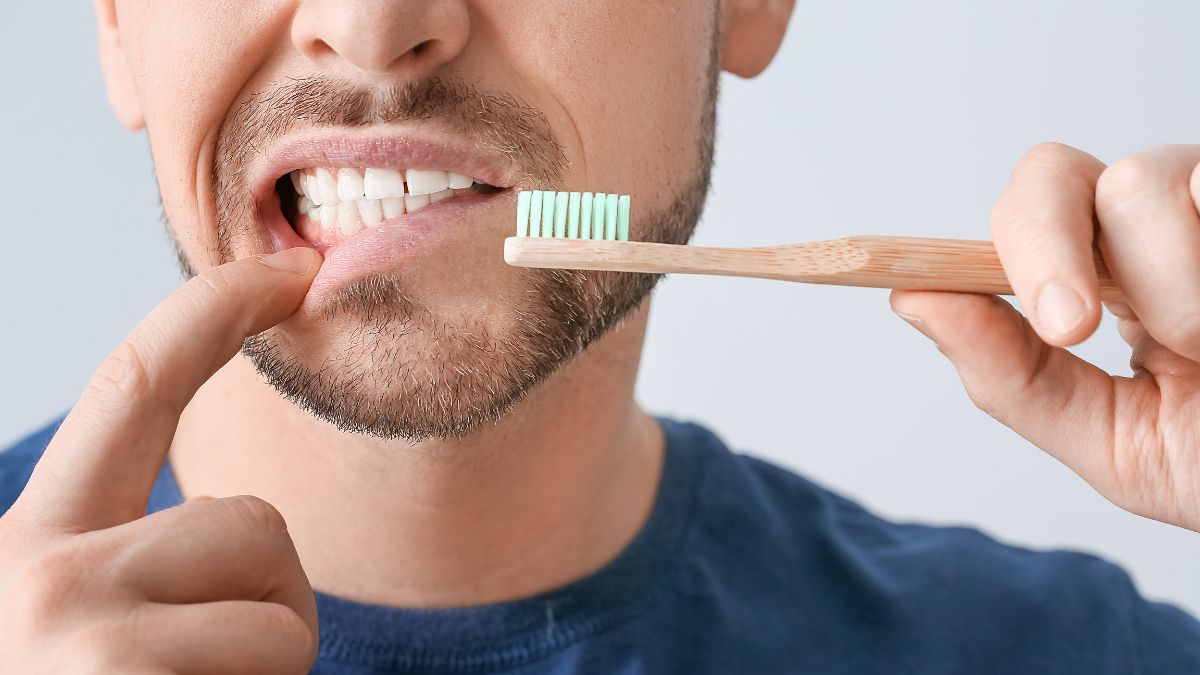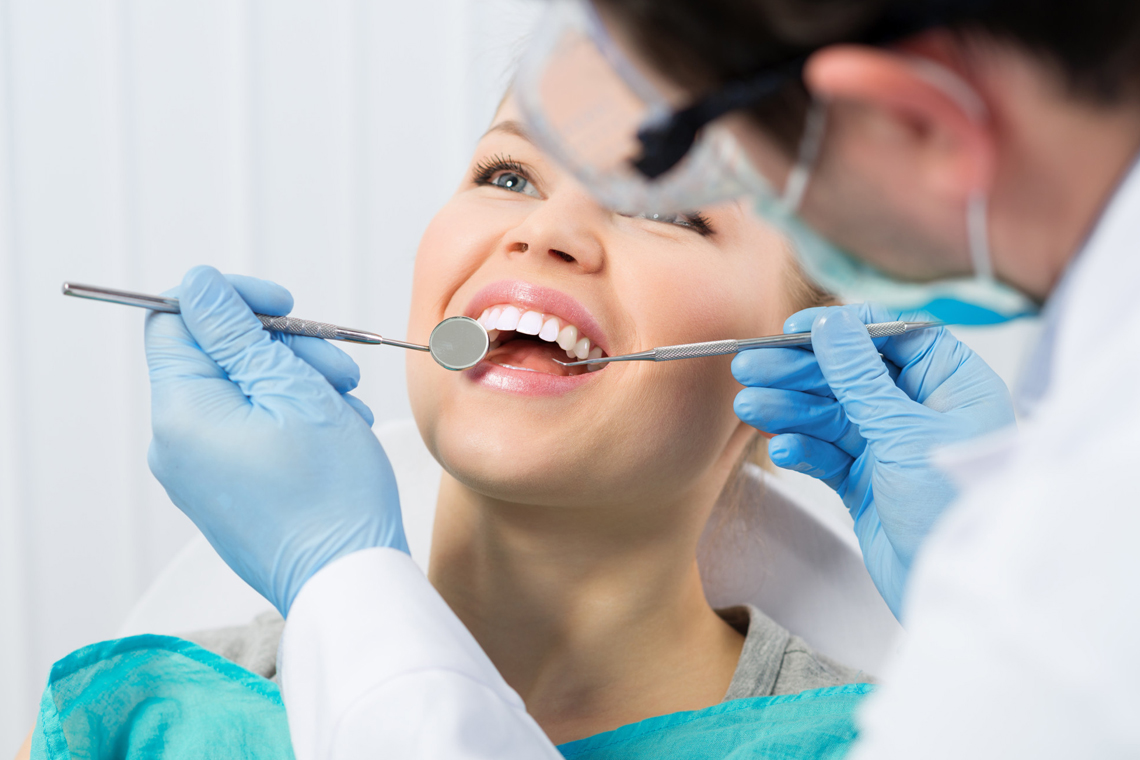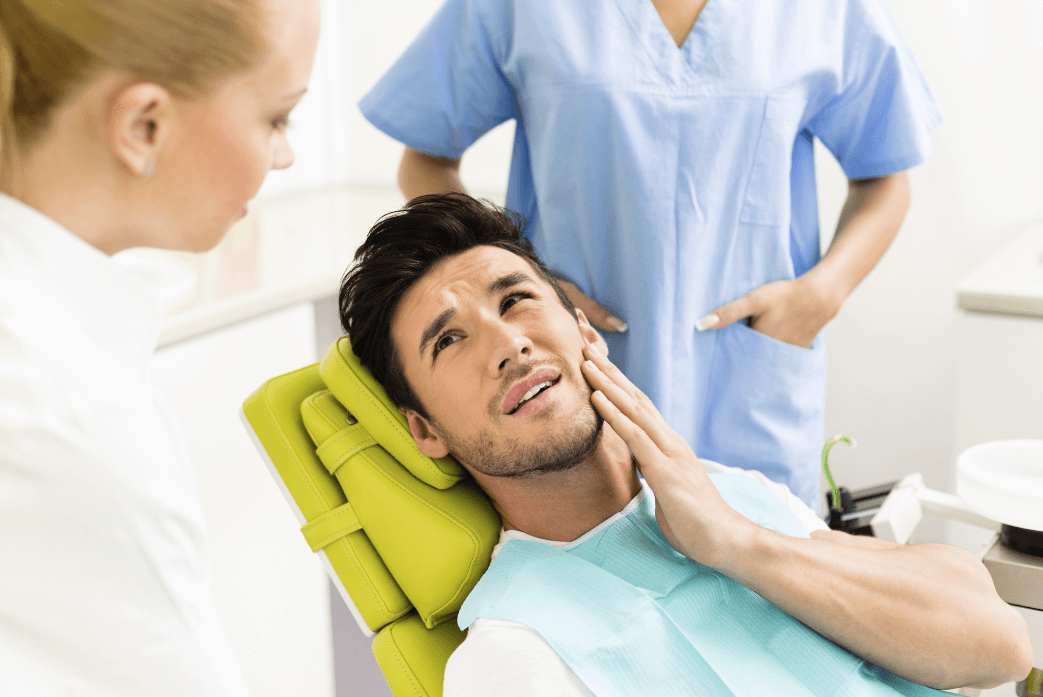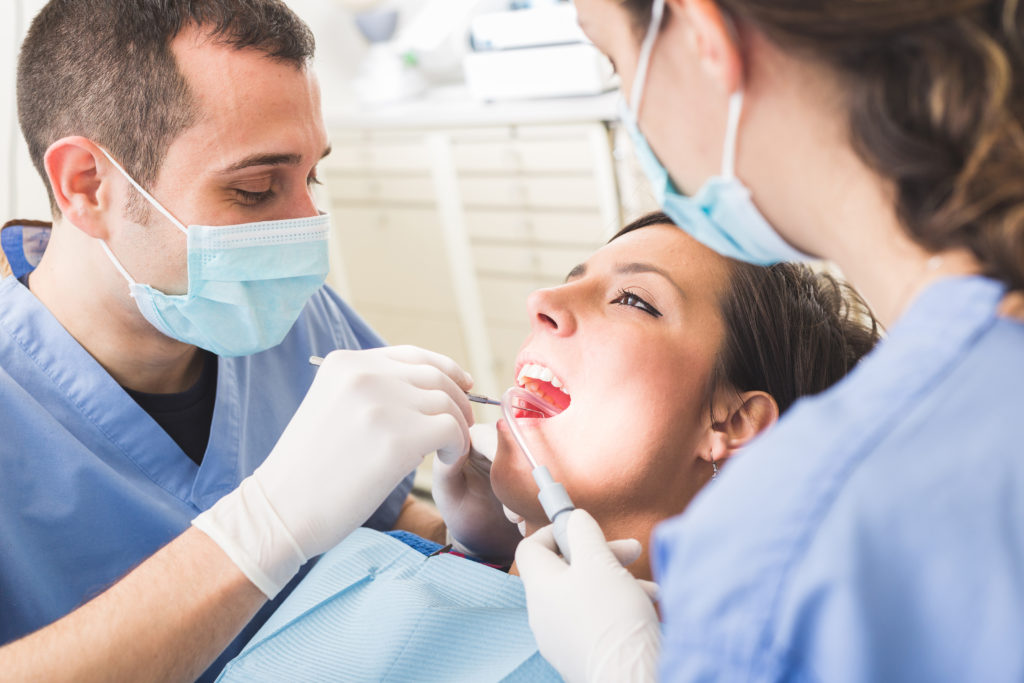Undergoing wisdom teeth removal can be a daunting experience for many. However, armed with the right strategies and tools, your recovery journey can be smoother and more comfortable. In this comprehensive guide, we’ll explore essential tips, exercises, dietary recommendations, and recovery timelines to ensure a seamless wisdom teeth removal recovery.
Understanding Wisdom Teeth Removal:
Wisdom teeth, also known as third molars, typically emerge in late adolescence or early adulthood. For many individuals, these teeth can cause various issues such as impaction, crowding, and infection, necessitating their removal. While the procedure itself is relatively routine, proper post-operative care is crucial for optimal healing.
Tips for a Smooth Recovery:
Here are some useful wisdom teeth removal recovery tips:
- Follow Post-Operative Instructions: Your oral surgeon will provide detailed instructions on caring for the surgical site, managing pain, and preventing complications. Adhering to these guidelines is paramount for a successful recovery.
- Manage Pain and Discomfort: Over-the-counter pain relievers such as ibuprofen or acetaminophen can help alleviate discomfort. Additionally, applying ice packs to the cheeks can reduce swelling and inflammation.
- Rest and Relaxation: Allow your body ample time to rest and recuperate following surgery. Avoid strenuous activities and get plenty of sleep to support the healing process.
- Maintain Oral Hygiene: While gentle brushing and rinsing with saltwater can promote healing, it’s essential to avoid vigorous brushing or using mouthwash containing alcohol, as these can irritate the surgical site.
- Stay Hydrated: Drink plenty of fluids, preferably water, to stay hydrated and aid in the healing process. Avoid using straws, as the sucking motion can dislodge blood clots and impede healing.
- Stick to Soft Foods: In the days following surgery, opt for soft, easy-to-chew foods such as yogurt, mashed potatoes, soups, and smoothies. Avoid crunchy, spicy, or hard foods that could irritate the surgical site.
- Attend Follow-Up Appointments: Schedule and attend any follow-up appointments with your oral surgeon to monitor your healing progress and address any concerns or complications promptly.
Exercise for Comfort and Healing:
While strenuous physical activity should be avoided immediately following wisdom teeth removal, gentle exercises can promote blood circulation and aid in recovery. Here are some recommended wisdom teeth removal recovery exercise:
- Jaw Exercises: Perform gentle jaw exercises, such as opening and closing your mouth slowly and gently moving your jaw from side to side. These exercises can help alleviate stiffness and promote healing.
- Neck and Shoulder Stretches: Engage in gentle neck and shoulder stretches to relieve tension and promote relaxation. Avoid any movements that strain the jaw or surgical site.
- Deep Breathing: Practice deep breathing exercises to promote relaxation and reduce stress. Inhale deeply through your nose, hold for a few seconds, and exhale slowly through your mouth.
- Light Cardio: Once you’re cleared by your oral surgeon, engage in light cardio activities such as walking or swimming to promote circulation and overall well-being.
Dietary Recommendations:
A nutritious wisdom teeth removal recovery food plays a crucial role in supporting the healing process after wisdom teeth removal. Here are some dietary recommendations to consider:
- Soft Foods: Choose soft, easy-to-chew foods that won’t irritate the surgical site. Examples include mashed potatoes, scrambled eggs, oatmeal, and cooked vegetables.
- Nutrient-Rich Foods: Incorporate nutrient-rich foods such as fruits, vegetables, lean proteins, and whole grains into your diet to support healing and boost immunity.
- Hydration: Drink plenty of fluids, particularly water, to stay hydrated and aid in the healing process. Avoid caffeinated or sugary beverages, as they can dehydrate the body.
- Avoid Irritants: Steer clear of spicy, acidic, or crunchy foods that could irritate the surgical site or cause discomfort.
Recovery Time:
The wisdom teeth removal recovery time varies from person to person but typically spans about one to two weeks. During the first few days, you may experience swelling, discomfort, and difficulty eating or speaking. However, these symptoms should gradually improve with proper care and rest. Most individuals can resume their normal activities within a week, although it may take longer for complete healing to occur.
Conclusion:
Navigating the recovery process after wisdom teeth removal can be challenging, but with the right strategies and tools at your disposal, you can ensure a smooth and comfortable healing journey. By following post-operative instructions, practicing gentle exercises, adhering to a soft diet, and staying hydrated, you can promote healing and minimise discomfort. Remember to consult your oral surgeon if you have any concerns or experience unusual symptoms during the recovery period. With patience and proper care, you’ll be back to your normal routine in no time.





